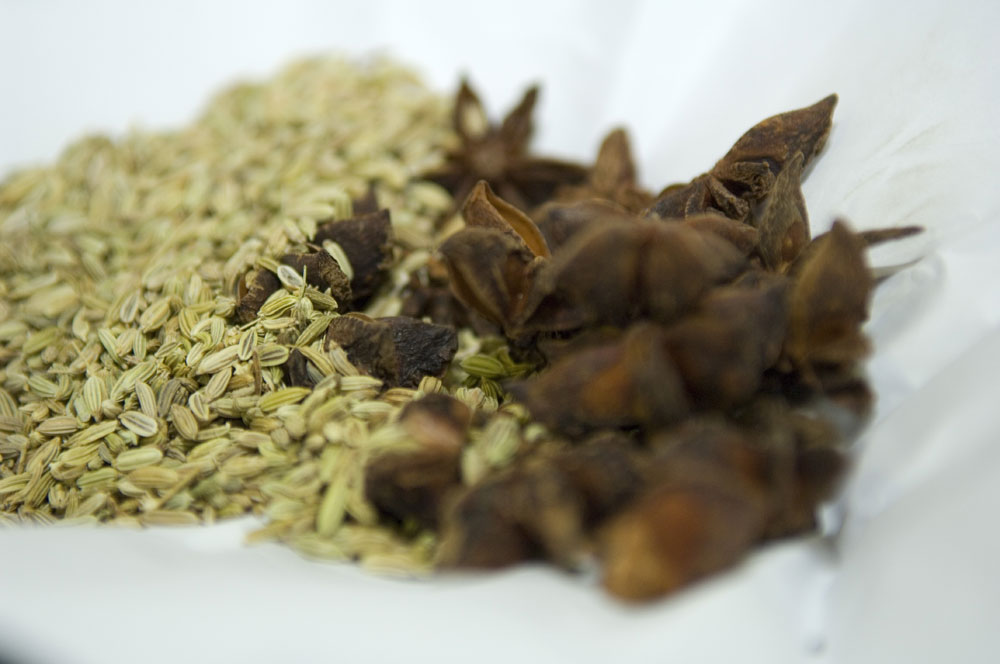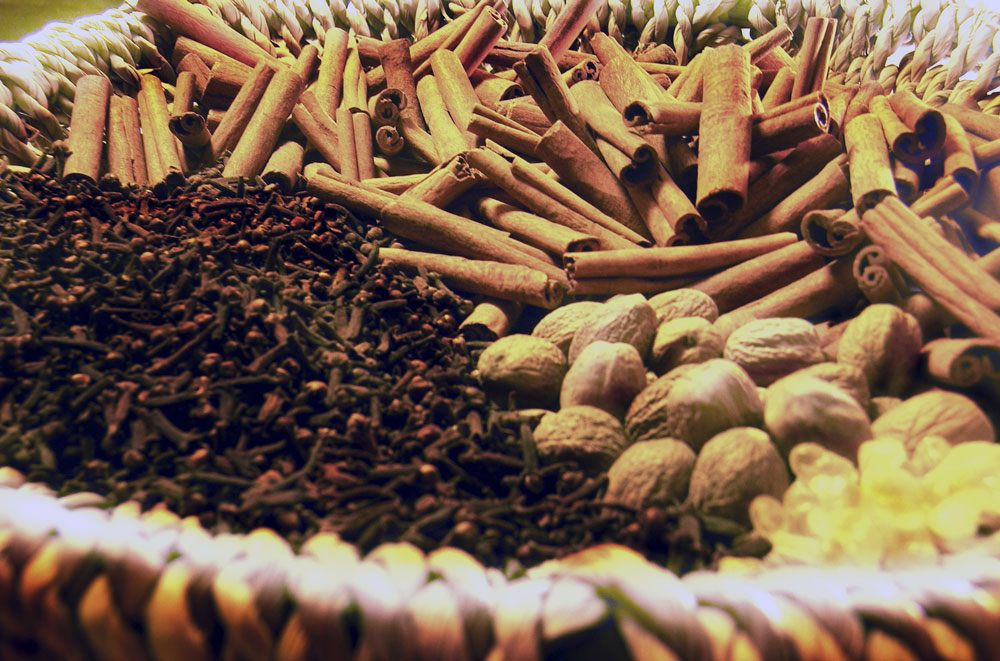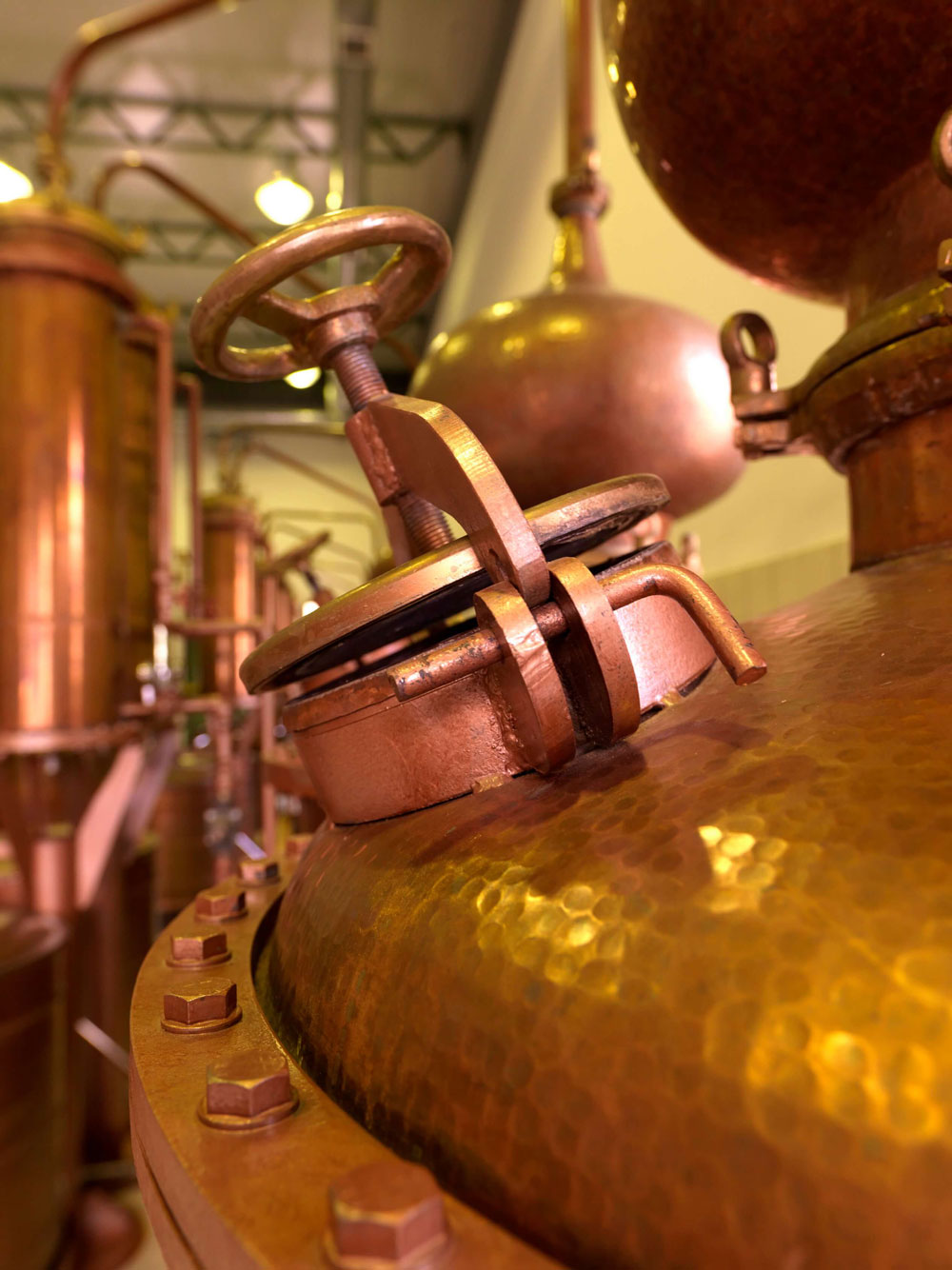tsou.gr addressed that question to the experts in the distillates sector
My dear Mr. Mavrakis*, there’s a widespread, and quite damaging, myth that “ouzo is a chemical product” and, therefore, not sufficiently pure for consumption. Does that premise have any foundation or is it a spurious argument in favor of consuming bulk tsipouro of unknown origin? As a connoisseur whose expertise in the field is long standing, can you tell us what the actual truth is after all?

I have no idea how this argument came about or what purposes it serves to spread it. The only thing that is certain is that ouzo is definitely not a chemical product. Proof of that are the very many and venerable ouzo distilleries of long tradition engaged in the production of our national drink for longer than I can remember. Ouzo is under the category of anise distillates, the international name that characterizes distillates based on anise. Such distillates are the product of distilling seeds in a solution of water and alcohol.

The crafting of ouzo requires natural, agricultural raw materials. Distillation still takes place the old-fashioned way: in small, copper stills, the “cauldrons” as they came to be known, where for hours on end, alcohol, aromatic seeds, and herbs, are distilled at a leisurely pace. It’s true that anise is an integral part of ouzo, but it’s the rest of the ouzo ingredients which eventually mold the aroma and flavor, and make each distiller’s product a distinctive one: fennel, star anise, mastic, cinnamon, coriander, mint, ginger, cardamom, cloves, linden, and so much more. The blend is distilled undisturbed by sudden changes in either its heating or its cooling process. From the distilled product, distillers retain the “heart”, a distillate’s most flavored and rich part, which may be subjected to a second distillation, while the lighter and heavier parts of the distillate (the “heads” or “tails” as distillers call them) are removed so as not to affect the distillate’s taste.

The middle part of the distillation is stored and allowed to settle, so that the recipe’s ingredients are “wedded” and become a uniform blend. Before the distillate is bottled, it is thinned with soft water so that the end product acquires the desired alcoholic strength by volume which should be greater than 37.5% vol.

So, you can see that ouzo is anything but a chemical product. In fact, ouzo’s main characteristic is its purity, which is ensured through its specific distillation process. The crafting of ouzo makes use of pure ethyl alcohol of agricultural origin distilled at 96%-97% vol. That is one more positive element that showcases ouzo as a drink of exceptional purity and quality. Especially when it comes to ouzo, the alcohol that will be used must be exceptionally pure and clear and entirely rid of other smells so that it may bring together and enhance the seeds’ aromatic ingredients during distillation.
And since our talk is all about ouzo, let me mention that it is the leading drink among Greek spirits and distillates, holding 64% of the production of all spirits produced in our country and 52% of the total consumption in the country. What’s more, it represents 21.9% of the total domestic consumption of alcoholic drinks and its consumption takes place outside the household, in ouzo venues, taverns, etc.
For all those reasons, and because ouzo is justifiably our national drink, foreign visitors tasting it for the first time here in Greece, look for it on store shelves when they get back home. It is exported to more than 50 countries, from Australia and Japan to Iceland and the Virgin Islands. Throughout time, ouzo has been the main product exported by the Greek spirits industry and in 2016 it held approximately 70% of the total of exported Greek alcoholic drinks. In fact, for the six-year period 2011-2016 its share of the total of domestic spirits exported marked a considerable increase of +10.4%.
So, the verdict is in: ouzo is a traditional, all-natural product, one of Greece’s most eminent representatives abroad and a significant national product. .


(*) Haris Mavrakis, distiller (H.V. Mavrakis Distilleries) and Secretary General of the Greek Federation Spirits Producers.




